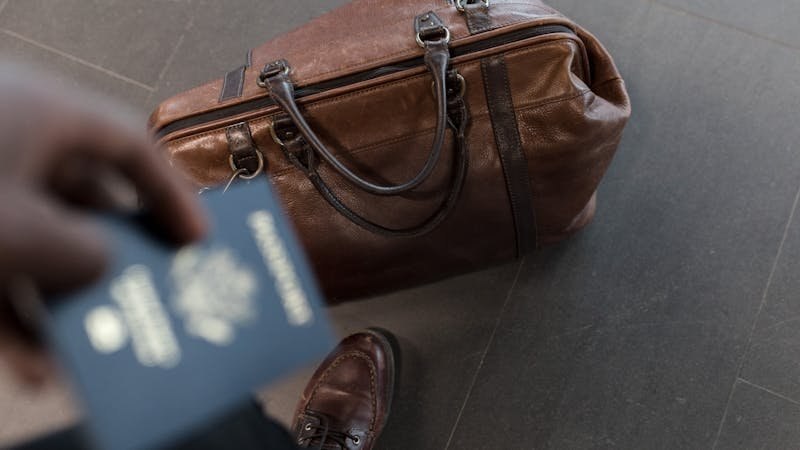
Do travelers like dynamic pricing? Exploring consumer sentiment on hotel, flight & train costs
Dynamic pricing - when your dream vacation could suddenly cost more than your first car. The plot twist? Prices can also plummet courtesy of factors like slow sales and last-minute cancellations.
In this piece, we explore how consumers feel about this dynamic pricing dance for hotels, flights and trains. Dynamic pricing refers to the practice of varying the price of goods, services or admission based on factors such as demand, time of day or season.
A recent YouGov survey asked consumers in 17 markets about how fair they find dynamic pricing as a practice across various product categories.
Hotel stays top the list of categories in our survey where consumers feel it's fair for brands to go for dynamic pricing - more than two in five respondents (42%) feel so. Train travel (41%) follows at a close second, while close to two in five consumers (39%) think it's fair for airlines to apply dynamic pricing.
But similar proportions of consumers feel dynamic pricing is unfair for the train-hotel-flight trio. Consumers are most likely to say dynamic pricing for air travel is unfair (47%), followed by hotel stays (46%) and train travel (44%).
Notably, the number of carriers employing dynamic pricing has reportedly grown in recent years.
Next, we explore data from individual markets surveyed to see how consumer sentiment varies
Hotels:
Indonesians account for the largest proportion of consumers overall who see dynamic pricing as a fair tactic when it comes to hotel stays (65%), followed by Hong Kongers (63%) and consumers in the UAE (55%). Danes are the most likely in Europe (50%) to have this view.
Brits (57%) and Canadians (57%) lead amongst those who view dynamic pricing for hotel stays as ‘unfair’.
One in five Germans (20%) and Poles (20%) aren’t sure whether the practice for hotel stays in fair or not.
Air travel:
Hong Kongers are most likely (62%) to find air travel’s dynamic pricing fair, followed by Indonesians (55%), whereas Brits (58%) and Canadians (58%) are the most likely across markets to find the practice unfair in this travel sector.
As for those who aren’t sure whether dynamic pricing is fair or not, Poles lead (25%) in the air travel category.
More than one in five consumers (21%) in the US (where JetBlue recently made news for introducing dynamic pricing into its checked bag fee policy too) are neutral about their view on air travel dynamic pricing as well.
Train travel:
Indonesians lead across all markets surveyed in saying that dynamic pricing for train travel (70%) as a fair tactic, followed by consumers in the UAE (66%). In India, three in five consumers (60%) find dynamic pricing of train travel fair, so do half of all Singaporeans (50%).
Brits are the most likely to find dynamic pricing for train travel unfair (63%), followed by French (59%). Speaking of Britain - Transport for London is considering dynamic pricing for Tube journeys.
Mexicans (29%) and Americans (26%) lead in saying they aren’t sure whether dynamic pricing for train travel is fair or not.
Explore our living data - for free
Discover more travel and tourism content here
Want to run your own research? Run a survey now
Make smarter business decisions with better intelligence. Understand exactly what your audience is thinking by leveraging our panel of 26 million+ members. Speak with us today.
Methodology: YouGov Surveys: Serviced provide quick survey results from
nationally representative or targeted audiences in multiple markets. The data is based on surveys of adults aged 18+ years in 17 markets with sample sizes varying between 511 and 2054 for each market. All surveys were conducted online in April 2024. Data from each market uses a nationally representatives ample apart from Mexico and India, which use urban representative samples, and Indonesia and Hong Kong, which use online representative samples. Learn more about YouGov Surveys: Serviced.